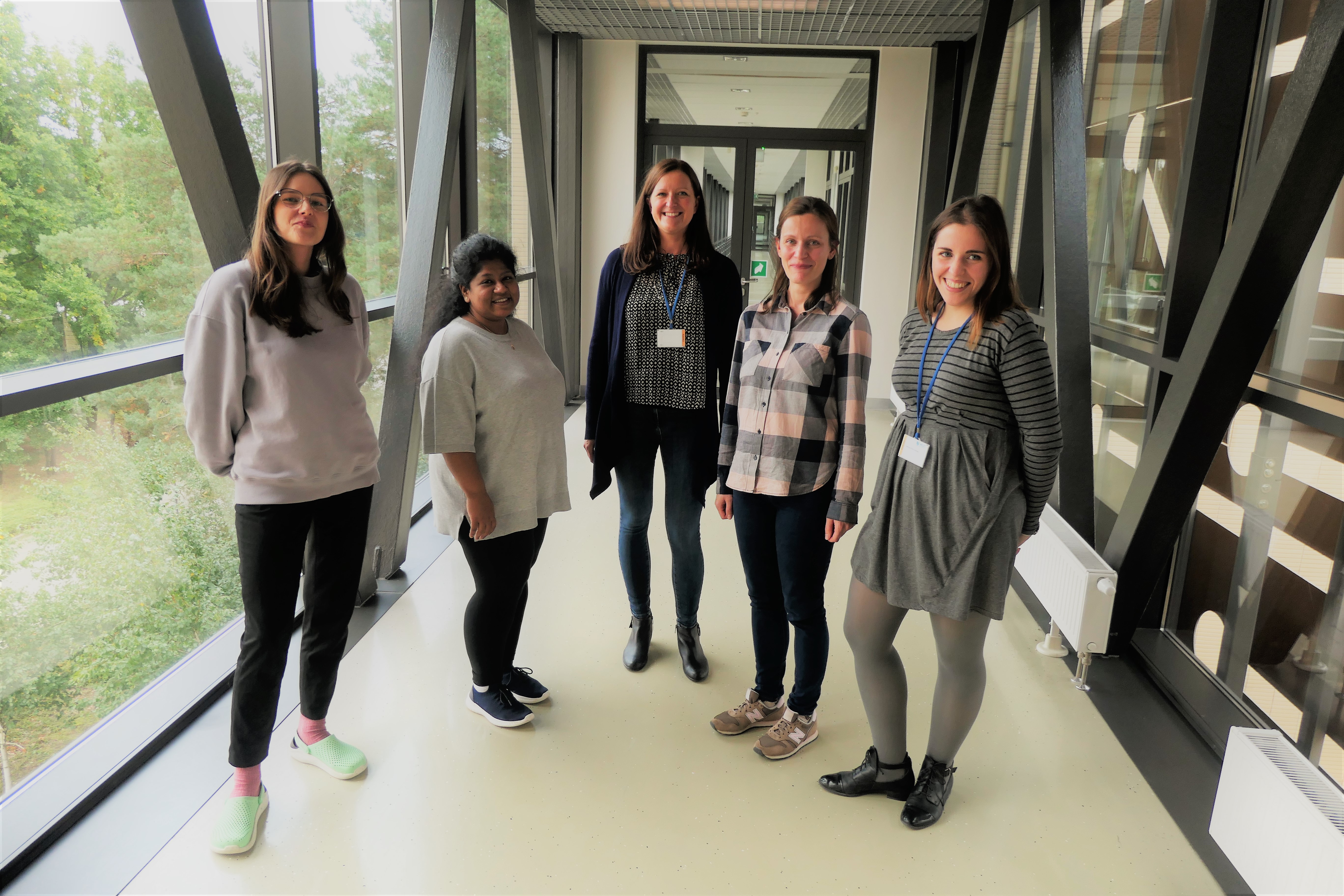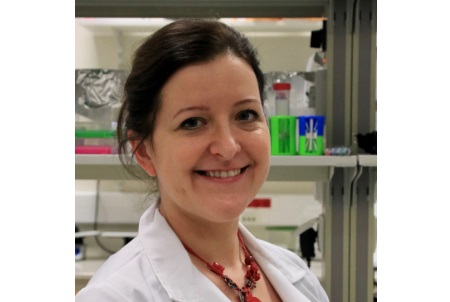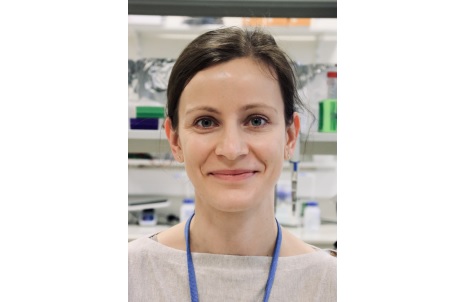Our lab’s aim is to integrate different levels of gene expression regulation – chromatin, transcription and RNA processing – focusing on gene ends. We want to understand the basic mechanisms of when and how transcription stops (terminates), but also how perturbed termination contributes to disease. Premature termination, called also transcription attenuation, is particularly relevant in the pathological context. Premature termination was known to be an important regulatory mechanism in bacteria and yeast, but overlooked in humans and animals in general. We and others have recently shown that this phenomenon is a very abundant genomic event in metazoa. It has also medical implications, particularly in cancer. Our main approaches are based on genomics and nascent transcriptomics, combined with molecular biology, biochemistry and proteomics. The lab’s experimental workhorse are mammalian cell culture models of cancer and neuronal differentiation. We use both experimental and computational approaches.
The lab is recruiting, please get in touch if interested.


Kinga Kamieniarz-Gdula
dr hab.group leader
kinga.kamieniarz-gdula@amu.edu.pl
61 829 19 03
Agata Stępień
dr.eng. (postdoc)determining transcription termination profiles during cancer progression
agata.stepien@amu.edu.pl
61 829 19 09
Upasana Saha
dr (postdoc)Dissecting the molecular mechanism of premature termination
upasana.saha@amu.edu.pl
61 829 19 05
Martyna Plens-Gałąska
research assistantmartyna.plens-galaska@amu.edu.pl
61 829 19 05
Magda Kopczyńska
PhD studentchromatin environment of transcription termination
magda.kopczynska@amu.edu.pl
61 829 19 05

